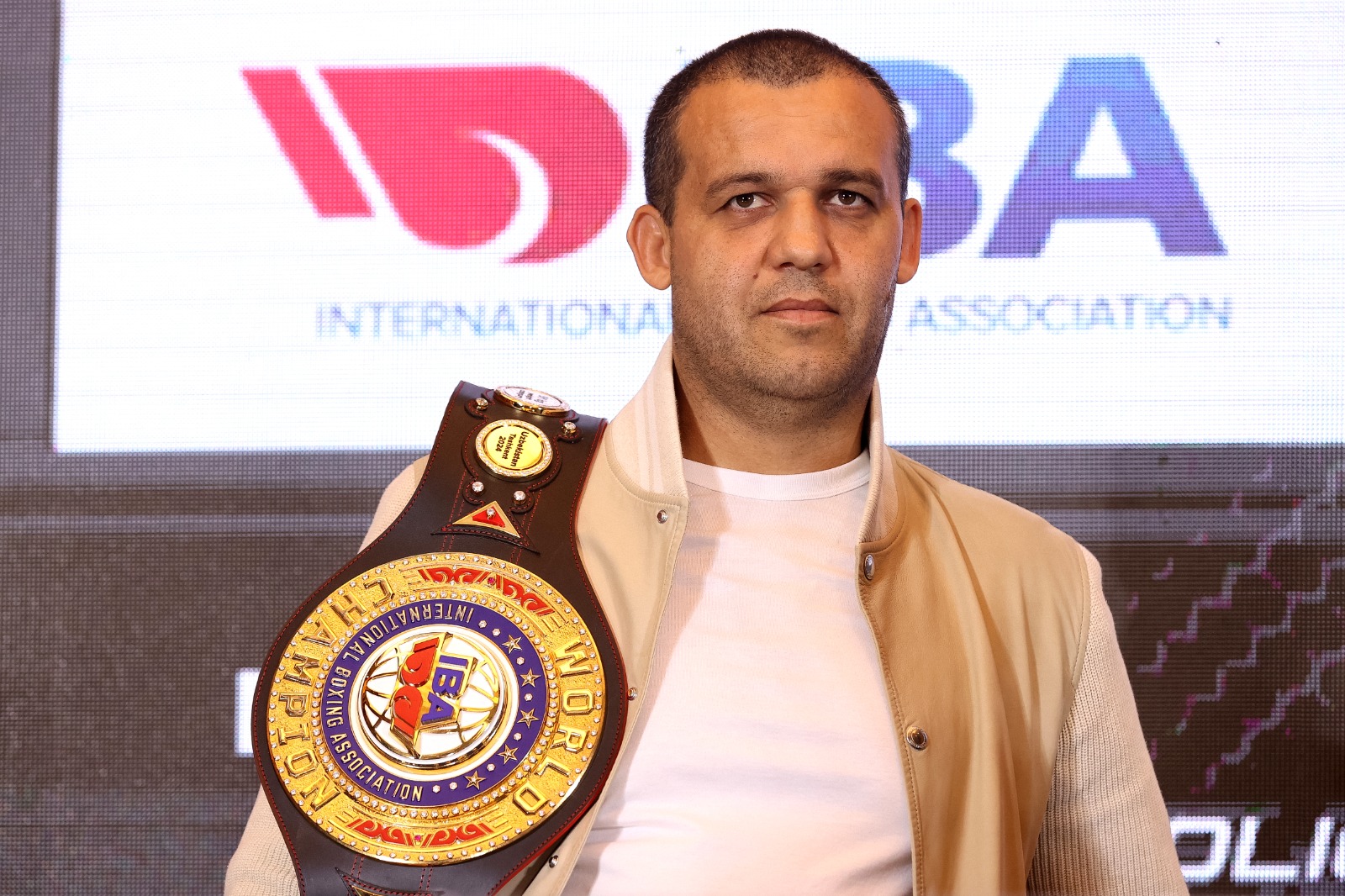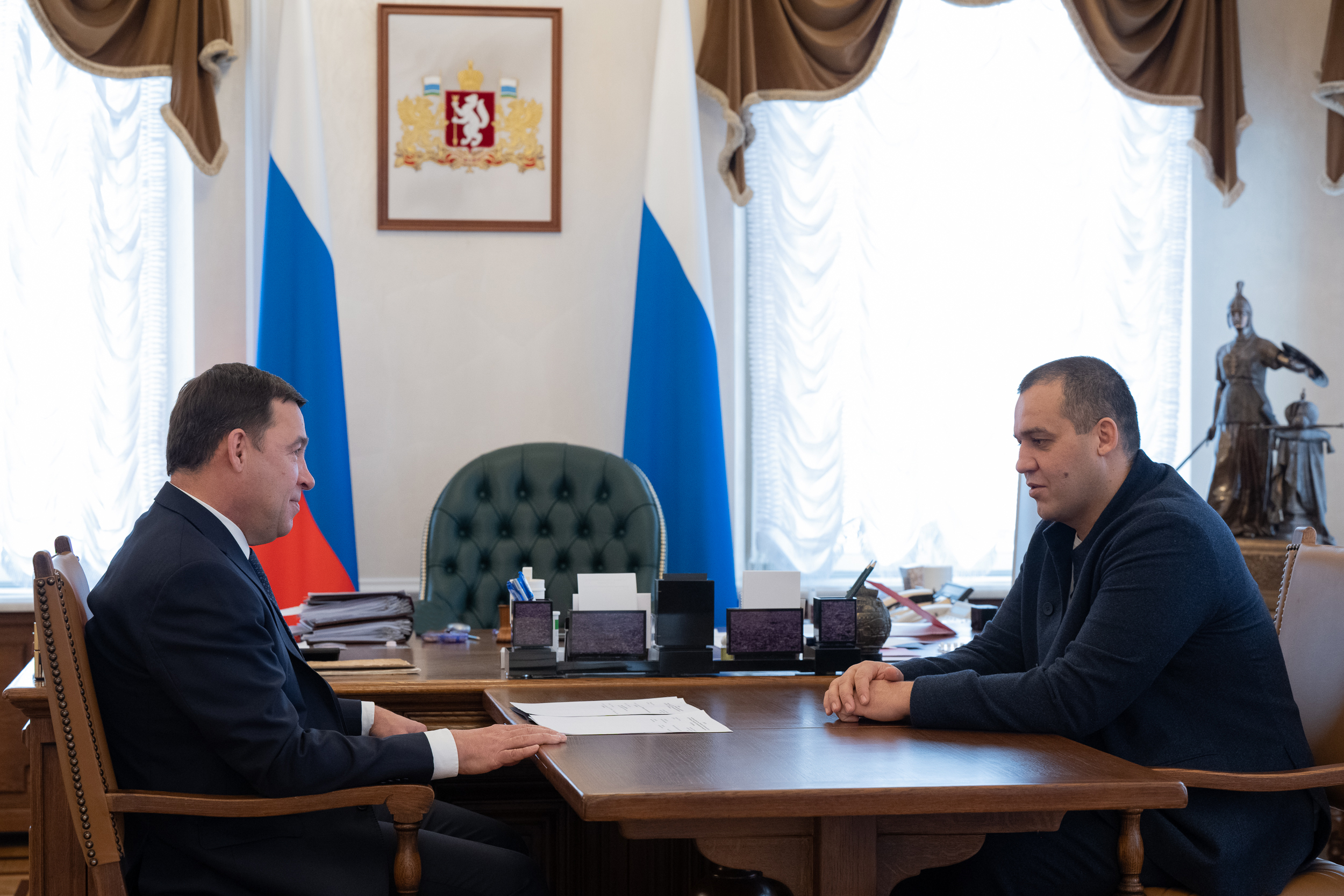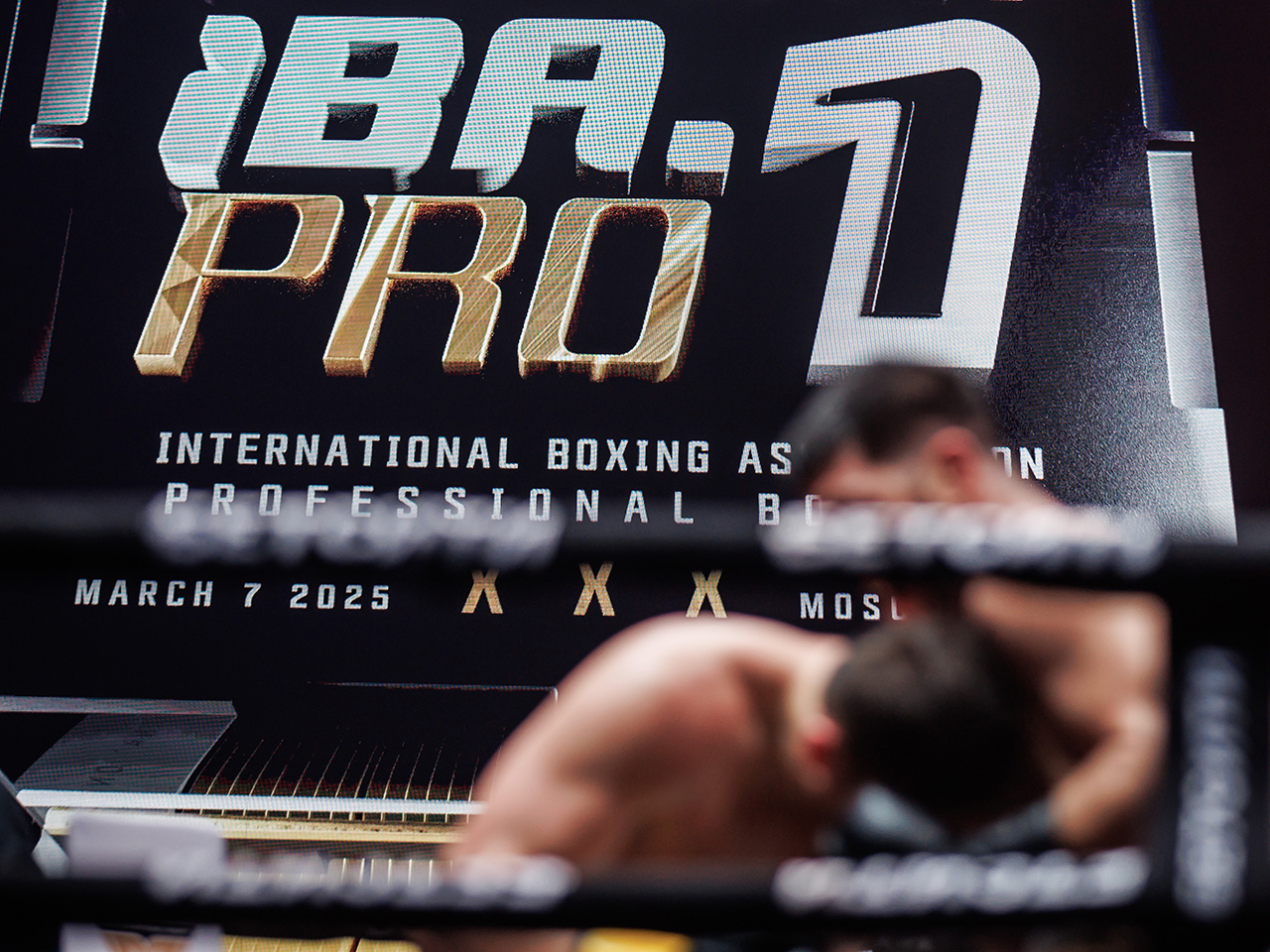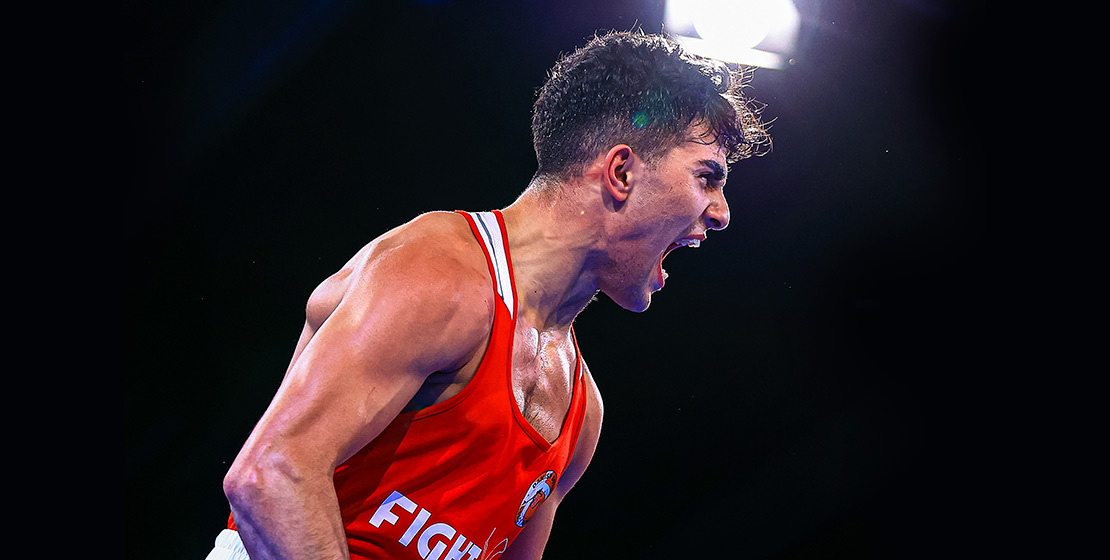“The IOC moves the goalposts every time we get to the line” Exclusive ITG’s interview with Chris Roberts OBE
July 1st, 2024 / General
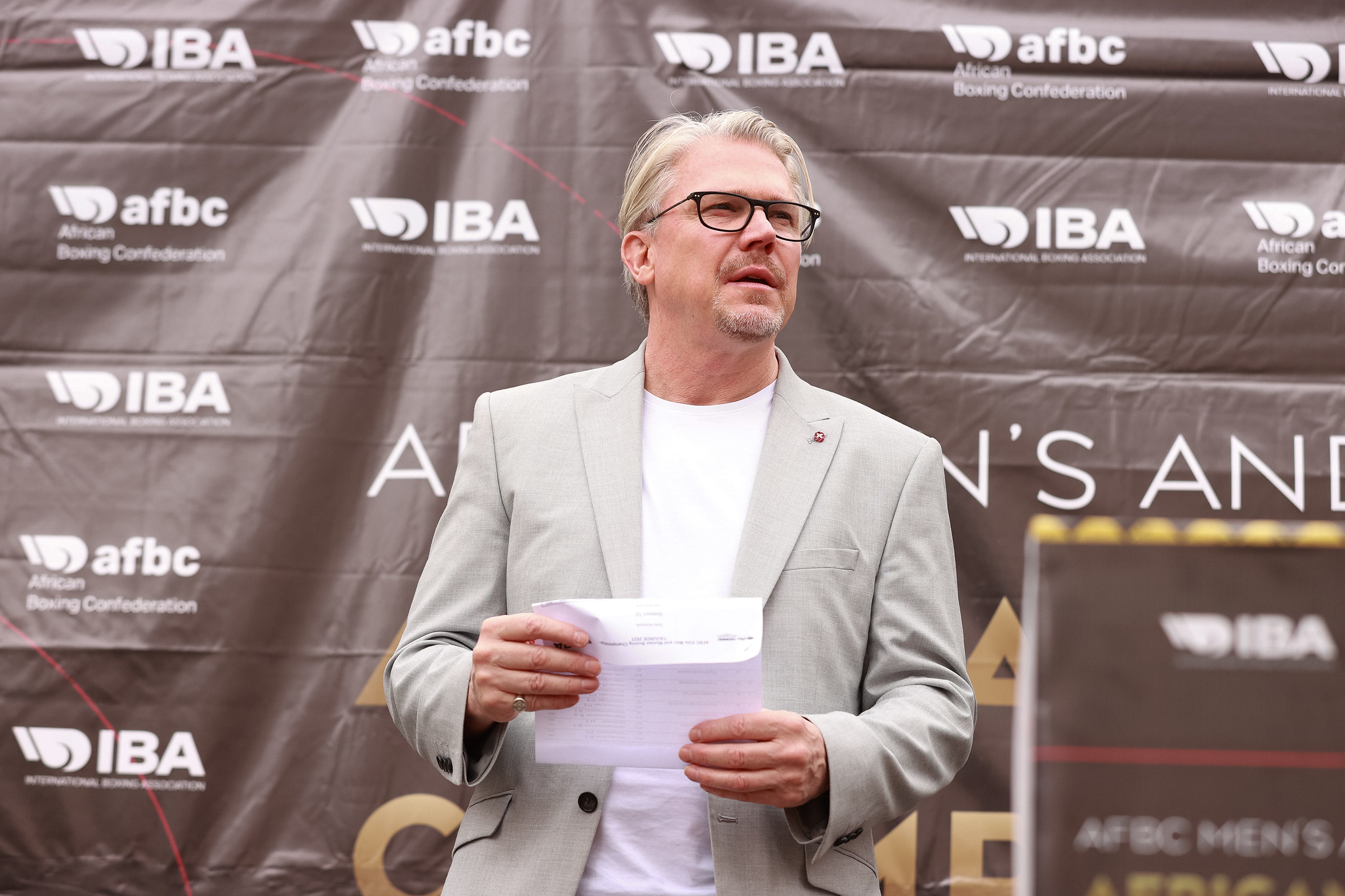
In a one-on-one interview with Inside The Games, the International Boxing Association’s Secretary General and CEO addresses the federation’s “combative relationship” with the International Olympic Committee and the future of the sport, including its uncertain status for Los Angeles 2028.
Appearing calm and collected despite the recent turmoil surrounding the global boxing landscape, Chris Roberts answers questions regarding what’s happening, what might come next, and his own role in providing solutions during an online call from IBA’s Lausanne offices.
You have been at the IBA for three years, almost a full year now as secretary general. How did you find the association when you took on the new role and what is your analysis of the situation now?
Having had the background of working in boxing administration for 30 years helped and my experience as a staff officer in the army working in many headquarters has been a contributing factor as well. You don’t realise the size and scale until you are in it. The challenges haven’t been easy, trying to navigate the complexities of the current situation and the way to manage it the best possible way.
What have the main challenges been?
Dealing with the ongoing issue with the IOC. We put our efforts there and have done a lot of work in the background. My personal opinion is that, from the onset, they had their views and thoughts and I don’t think, no matter what we did, certainly with me at the top, nothing would have changed that. I value what we do the best possible way: supporting the staff, supporting the members. It’s been a privilege. We have a lot of good people out there. The connections that I have with the presidents of the national federations and officials have been key for our organisation. That’s why we are where we are now and pressing on for the future.
Did you expect this level of combativeness between both sides? How would you describe the IOC-IBA relationship?
Comparable to that of being on the battlefield. Having had my military experience, it’s nothing new. Many challenges, physically and mentally. It’s very combative, certainly not easy. They never opened the door for us, so it remains a constant challenge. Having worked together with the people in the Paris boxing unit, I find it wholeheartedly disappointing the way they managed the process. It’s not about us managing, it’s whether or not they accept them, because we have done everything we can on the governance side. We are the international federation. What more do they want us to do? They move the goalposts every time we get to the line. That’s how it feels. A constant game on the football pitch. Back and forwards. Never-ending.
It’s supposed to end at some point… What is your prognosis?
IBA continues to do what we do best: continue to work with our national federation, provide financial support, organisation of international events like Champions Night and other exciting projects that we have coming up. We reach out as best we can. I have a great team underneath that works with the federations in the field of play. We are active every day. Were do I see this going? It’s about keeping our feet on the ground.
And yet the IOC has established a relationship with World Boxing.
The buildup to Paris and that nostalgic feeling around it is particularly challenging for us at the moment, with their link to World Boxing. They are now overtly putting out the relationship to World Boxing, using the power of the Olympic movement and will continue to do that. Our members need to remain strong and stand firm. After the Olympic Games, IBA will continue to manage. We will still be here, picking up the pieces. This nonsense about the IOC telling boxers that they need to leave the IBA to compete in the Olympics, what is that? On the one hand, they are telling us that there might not be an Olympic Games in LA (for boxing), on the other hand they tell IBA boxers they wont be allowed to compete. Then what is it? They keep sending mixed messages and confuse our national federations.
Do you feel they are succeeding in that?
Yes, the federations are confused. I think they are using this point of trying to push for members: that you can be a member of IBA and World Boxing, which you can’t. There is no dual-membership existence. It’s shocking, really. Is their plan succeeding? What do you think?
Some federations have recently left the IBA.
Nobody has resigned from IBA. I think they are testing the water at the moment. The tricks they are using, Boris (Van der Vorst, president of World Boxing) and his team are particularly underhanded. They have no financing, no proven track record.
One of the main issues that have long undermined boxing’s popularity, one could say, is the lack of a unified federation, which has led many potential fans to confusion with so many different title belts, etc… Do you agree with that notion?
Yes. IBA could be it. We have the grass roots, the national federations, the ability to transition from the amateur to the professional level and promote international events, with size and scale. For them, it’s about trying to put something in place that has no proven track record. There is with other organisations at the professional level: let them still do their thing. IBA doesn’t want to interfere. There is a place for everybody, but it needs to be managed correctly. This ‘mission creep’ that comes in through the back door with the IOC trying to convince rogue organisations that they are it with no pedigree… it’s nonsense.
You mentioned IBA’s current accomplishments. Do you think World Boxing could achieve those same goals?
No. None. They can’t even put a major event on the calendar. They call it the World Boxing Championships, what they are running in Colorado Springs. This is an event that has been put in USA Boxing’s performance centre, where they have been a running training camp for many years. That is what it is: a training camp. Let’s be under no illusion over what that is. It has a nice poster.
The IBA argues that it has promoted international events, enhanced engagement and athlete accessibility with fans. Where is it still lacking? Where are improvements to be made? How do you see the future of the sport?
We are on the strategic plan at the moment, where we navigate our way through this minefield, because it has not been easy with this ongoing confusion. How do we improve things? All I’m saying is we have done a great deal to support national federations financially as best we can.
The IOC’s decision to ban the IBA from the Olympic Games has not helped change boxing’s image. The IBA has said repeatedly that it has undergone deep structural changes, yet the response from the IOC has been that they are not enough. How do we escape this spiral? Who is to blame?
They keep saying we need to change the leadership at the IBA. Well, lets change the leadership at the IOC. Let’s see what happens there. I have seen a lot of turmoil in the background, particularly one of the world’s lead sportsmen, come administrator, come president (of World Athletics) Sebastien Coe. I don’t see them criticising the work that he’s doing. Why doesn’t IOC President Thomas Bach criticise Coe for his announcement on offering prize money at the Paris Games? Thomas Bach knows better, after entrusting him with organising the 2012 London Games. It’s clear what he’s doing.
Regarding the IBA’s own prize money initiative, the IOC has pointed to the unclear origin of said money. What can you tell us about the IBA’s financing?
We have a number of key sponsors.
Is that the main percentage of the funding?
The funding doesn’t come directly from the sponsors. There are funding streams. We are a commercially viable organisation. Our events are starting to be fruitful, so the money we bring in is the money we give out.
Some, like Bach, have personally signalled out IBA president Umar Kremlev, calling him “corrupted and corrupting”, among other things. What’s IBA’s response?
It’s shocking that he is attacking our president in this way. Mr. Umar Kremlev is a good man, a philanthropist who has done a lot for the sport of boxing. He spends a lot of his own money on these projects and supports our boxers. I don’t see Thomas Bach doing the same. I don’t see the same proactive work that is comparable to what our organisation and our president have been doing.
Has this now become personal?
I think it is. I think Thomas Bach is not happy that our president stood up to him and said ‘stop’. Our organisation doesn’t belong to him. We provide everything. Who is the IOC to do that?
The IBA has gone to CAS to no avail. What is the next move?
I can’t comment on that because there are ongoing developments in the background.
Do you consider the IOC’s decision a direct attack against IBA or boxing in general?
I think it’s against boxing in general, They say they like boxing, but I don’t think they do. They can’t run the Paris boxing unit. So why are they doing what they are doing? It’s disrespectful to our audience.
Do you think boxing will feature in the Los Angeles 2028 programme?
Of course it will be part of LA28. But they will reduce the weight categories to five and five on gender equality. It’s seven and six and it should be 13 and 12.
With or without IBA boxers?
IBA boxers will be there, yes. Are they going to punish the athlete? It goes against the grain of the Olympic charter, doesn’t it?
Talking about the Olympic charter, politics have been front and centre in these Olympics and, one could say, all Olympics. Isn’t this particular front also political, from both side of the trenches?
We just want to give our boxers the opportunity to be part of a full programme. When you look at the boxers that are now entered into the Olympic Games, someone has to tell me that the quarters aren’t correct for each of the continents. This whole process hasn’t been managed correctly. We hope to see the best boxers perform in Paris, but it’s been challenging, for African countries in particular. The opportunities have not been the same for all. The IBA has always provided continuity for them, so that he athletes and performance directors can plan their pathway to the Olympic Games. I heard a quote from Rob McCracken, the performance director from Great Britain boxing, that their six qualified boxers were not allowed to compete in IBA events. That is nonsense. All boxers are allowed to compete in our events. We have not restricted anybody. We organise a calendar, we award prize money… What else do we need to do?
Boxing is often considered a violent sport. Is it paying that price? Are other sports that might be considered violent under the same threat?
Boxing is not a violent sport. It’s a technical sport. And if we apply the scoring criteria, then we see the skill, expertise, analysis, strategy… It’s a competitive space in the field of play. They are not being fair to the organisation or the boxers by not allowing them to compete.
What do you think of the IOC’s initiative to “get younger and more urban” with the addition of new sports like breakdancing or freestyling?
Boxing has a long-standing tradition with the Olympic Games. It touches all four corners of the globe, in many deprived areas. Boxing has a huge reach. We bring a lot to the community. You can’t get younger and more urban than kids boxing at the age of six and seven. I have nothing against breakdancing or skateboarding. These activities are all really good for the communities. I support it. Everybody should be given an opportunity.
Shouldn’t boxing appeal to young audiences a well?
Boxing is a great sport and people are attracted to it. Our events are huge. We do a lot of analysis on the audiences and we have brought down our average viewer age from some 30-plus years to 22, for example. We plan on bringing on younger viewers and I think the plans for 2025 will harness that.


